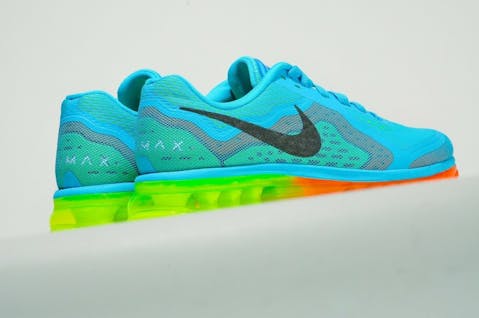Most U.S equities surged yesterday, with the Standard and Poor’s 500 Index advancing by 1.83%. In fact, the benchmark has gained 5.59% since September 28, which marks the longest rally in 2015. At the same time, the Chicago Board Options Exchange Volatility Index, or the VIX, sank below the $20 level after staying above this level for 30 consecutive trading sessions. Indeed, this is all good news for most market participants, but we should not forget about the upcoming earnings season that is anticipated to largely disappoint the market. Analysts are expecting declines in both top- and bottom-lines for the S&P 500, which could eventually put an end to the ongoing rally. Meanwhile, some corporate insiders from giant companies have been reducing their holdings lately, which may theoretically suggest a gloomy outlook for these giants. The Insider Monkey team pinpointed two companies with heavy insider selling activity: Alphabet Inc. (NASDAQ:GOOG) and Nike Inc. (NYSE:NKE). However, as theory should always be backed by evidence, we will attempt to identify potential reasons that may explain insiders’ decisions to sell stock.

Most investors can’t outperform the stock market by individually picking stocks because stock returns aren’t evenly distributed. A randomly picked stock has only a 35% to 45% chance (depending on the investment horizon) to outperform the market. There are a few exceptions, one of which is when it comes to purchases made by corporate insiders. Academic research has shown that certain insider purchases historically outperformed the market by an average of seven percentage points per year. This effect is more pronounced in small-cap stocks. Another exception is the small-cap stock picks of hedge funds. Our research has shown that the 15 most popular small-cap stocks among hedge funds outperformed the market by nearly a percentage point per month between 1999 and 2012. We have been forward testing the performance of these stock picks since the end of August 2012 and they have returned 118% over the ensuing 36 months, outperforming the S&P 500 Index by 60 percentage points (read the details here). The trick is focusing only on the best small-cap stock picks of funds, not their large-cap stock picks which are extensively covered by analysts and followed by almost everybody.
Let’s begin by checking out the insider selling activity at Alphabet Inc. (NASDAQ:GOOG). As of October 2, Google was turned into a subsidiary of Alphabet, the successor and parent holding company of the tech giant. Sergey Brin, Google’s co-founder and the president of Alphabet, reported selling 16,670 Class C shares on Friday at prices in the range of $603.43-to-$627.78, trimming his stake to 21.17 million shares. Apparently, this sale was not conducted under a trading plan, but the abundance of Form 4 filings submitted by Sergey Brin makes it hard to comprehend which sales are conducted via a trading plan and which are not. However, either through a trading plan or not, the president of Alphabet reported selling a sizable amount of both Class A and Class C common stock last week. Let us remind you that each share of the former Google is worth one share of the freshly-created Alphabet, which is still split into Class A voting shares and Class C non-voting shares. Andreas Halvorsen’s Viking Global reported owning 2.74 million Class A shares and 1.15 million Class C shares of Alphabet Inc. (NASDAQ:GOOG) as of June 30.
Follow Alphabet Inc. (NASDAQ:GOOG)
Follow Alphabet Inc. (NASDAQ:GOOG)
Receive real-time insider trading and news alerts





